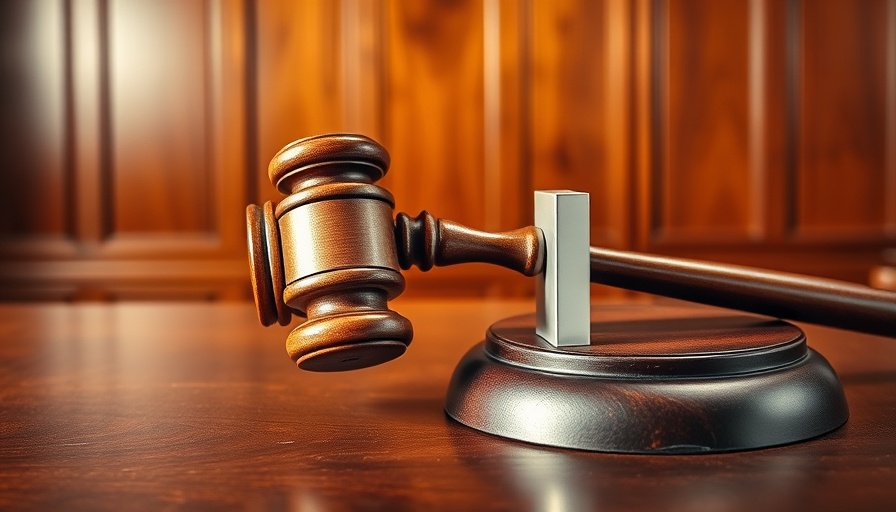
The Consequences of Relying on AI in Legal Research
In a groundbreaking judgment, the High Court of England and Wales has emphasized that while lawyers are allowed to use generative AI tools like ChatGPT to aid their legal research, they still bear the ultimate responsibility for the accuracy of their citations. The court's recent ruling, delivered by Judge Victoria Sharp, marks a significant point in the evolving landscape of legal technology and outlines severe penalties for lawyers who submit fraudulent AI-generated citations.
A Warning Sign for Legal Professionals
Judge Sharp indicated that AI tools, despite their impressive capabilities, can produce inaccurate or entirely fabricated legal citations. She stated, "Such tools can produce apparently coherent and plausible responses to prompts, but those coherent and plausible responses may turn out to be entirely incorrect." This revelation serves as a stern reminder for attorneys to implement thorough verification processes to ensure that their legal arguments are based on authentic sources.
Examining Recent Case Studies
Two recent court cases have highlighted the serious ramifications of inaccurately cited information. In one instance, a lawyer submitted a document containing 45 citations, out of which 18 were found to be nonexistent. In another case, a lawyer's citations for an eviction case similarly lacked validity, raising questions about diligence in legal practice. Such instances underline the importance of accuracy within the legal profession, especially as AI continues to integrate into everyday workflows.
The Path Forward: Ensuring Compliance
In light of these developments, it is essential that legal professionals not only stay informed about advancements in AI technology but also adapt their procedures accordingly. More needs to be done to guide lawyers in their duties to the courts, with Judge Sharp forwarding her ruling to key professional organizations, such as the Bar Council and the Law Society. This proactive approach suggests that further education and rigid compliance standards may be critical to prevent the misuse of generative AI.
Calls for Transparency in Legal Practices
Interestingly, these developments open discussions about how lawyers can responsibly embrace technology while maintaining ethical standards. As debates surrounding AI's role in various sectors continue, legal professionals must emphasize transparency and accountability. A balanced approach will ensure that technology enhances the efficacy of legal research without compromising the integrity of the legal system.
 Add Row
Add Row  Add
Add 




 Add Row
Add Row  Add
Add 


Write A Comment